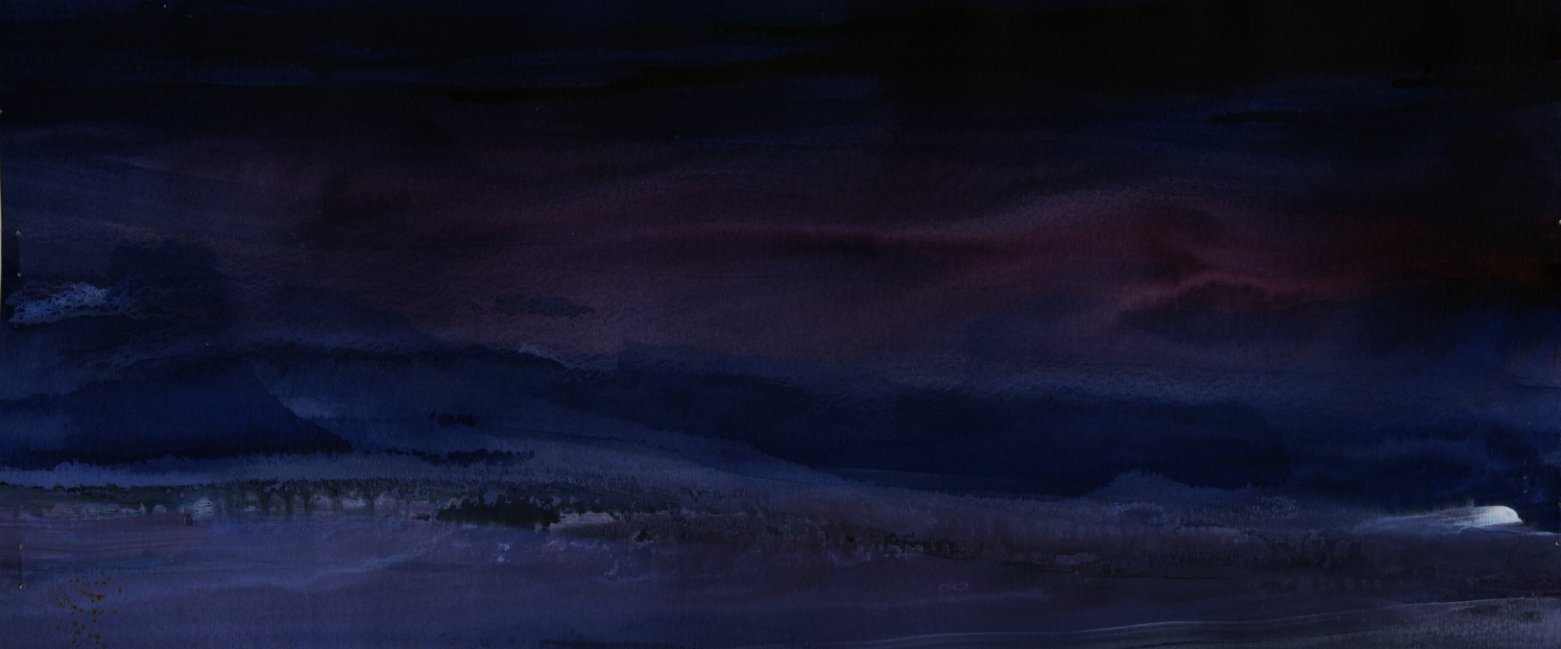

A Pause For Beauty
One ought every day at least to hear a little song, read a good poem, see a fine picture,
and if it were possible, to speak a few reasonable words.
- Goethe
. . .
Annie Dillard On Beauty And Grace
Why does death so catch us by surprise, and why love? We still and always want waking. We should amass half-dressed in long lines like tribesmen and shake gourds at each other, to wake up; instead we watch television and miss the show.
- Annie Dillard, The Writing Life

Cruelty is a mystery, and a waste of pain. But if we describe a world to compass these things, a world that is a long, brute game, then we bump against another mystery: the inrush of power and light, the canary that sings on the skull. Unless all ages and races of men have been deluded by the same mass hypnotist (who?), there seems to be such a thing as beauty, a grace wholly gratuitous. About five years ago I saw a mockingbird make a straight vertical descent from the roof gutter of a four-story building. It was an act as careless and spontaneous as the curl of a stem or the kindling of a star.
The mockingbird took a single step into the air and dropped. His wings were still folded against his sides as though he were singing from a limb and not falling, accelerating thirty-two feet per second, through empty air. Just a breath before he would have been dashed to the ground, he unfurled his wings with exact, deliberate care, revealing the broad bars of white, spread his elegant, white-banded tail, and so floated onto the grass. I had just rounded a corner when his insouciant step caught my eye; there was no one else in sight. The fact of his free fall was like the old philosophical conundrum about the tree that falls in the forest. The answer must be, I think, that beauty and grace are performed whether or not we will or sense them. The least we can do is try to be there.
- Annie Dillard, Pilgrim at Tinker Creek
Annie Dillard, more excerpts from The Writing Life:
The line of words is a hammer. You hammer against the walls of your house. You tap the walls, lightly, everywhere. After giving many years’ attention to these things, you know what to listen for. Some of the walls are bearing walls; they have to stay, or everything will fall down. Other walls can go with impunity; you can hear the difference. Unfortunately, it is often a bearing wall that has to go. It cannot be helped. There is only one solution, which appalls you, but there it is. Knock it out. Duck.
Courage utterly opposes the bold hope that this is such fine stuff the work needs it, or the world. Courage, exhausted, stands on bare reality: this writing weakens the work. You must demolish the work and start over. You can save some of the sentences, like bricks. It will be a miracle if you can save some of the paragraphs, no matter how excellent in themselves or hard-won. You can waste a year worrying about it, or you can get it over with now. (Are you a woman, or a mouse?)
The part you must jettison is not only the best-written part; it is also, oddly, that part which was to have been the very point. It is the original key passage, the passage on which the rest was to hang, and from which you yourself drew the courage to begin.
It is the beginning of a work that the writer throws away.
Every year the aspiring photographer brought a stack of his best prints to an old, honored photographer, seeking his judgment. Every year the old man studied the prints and painstakingly ordered them into two piles, bad and good. Every year the old man moved a certain landscape print into the bad stack. At length he turned to the young man: “You submit this same landscape every year, and every year I put it on the bad stack. Why do you like it so much?” The young photographer said, “Because I had to climb a mountain to get it.”
A cabdriver sang his songs to me, in New York. Some we sang together. He had turned the meter off; he drove around midtown, singing. One long song he sang twice; it was the only dull one. I said, You already sang that one; let’s sing something else. And he said, “You don’t know how long it took me to get that one together.”
How many books do we read from which the writer lacked courage to tie off the umbilical cord? How many gifts do we open from which the writer neglected to remove the price tag? Is it pertinent, is it courteous, for us to learn what it cost the writer personally?
Members-Only Signed, Limited Edition Print Sale - 85% Off
All members, both new and pre-existing, are eligible to participate in the sale.
You can view the selection here. Quantities very limited.



